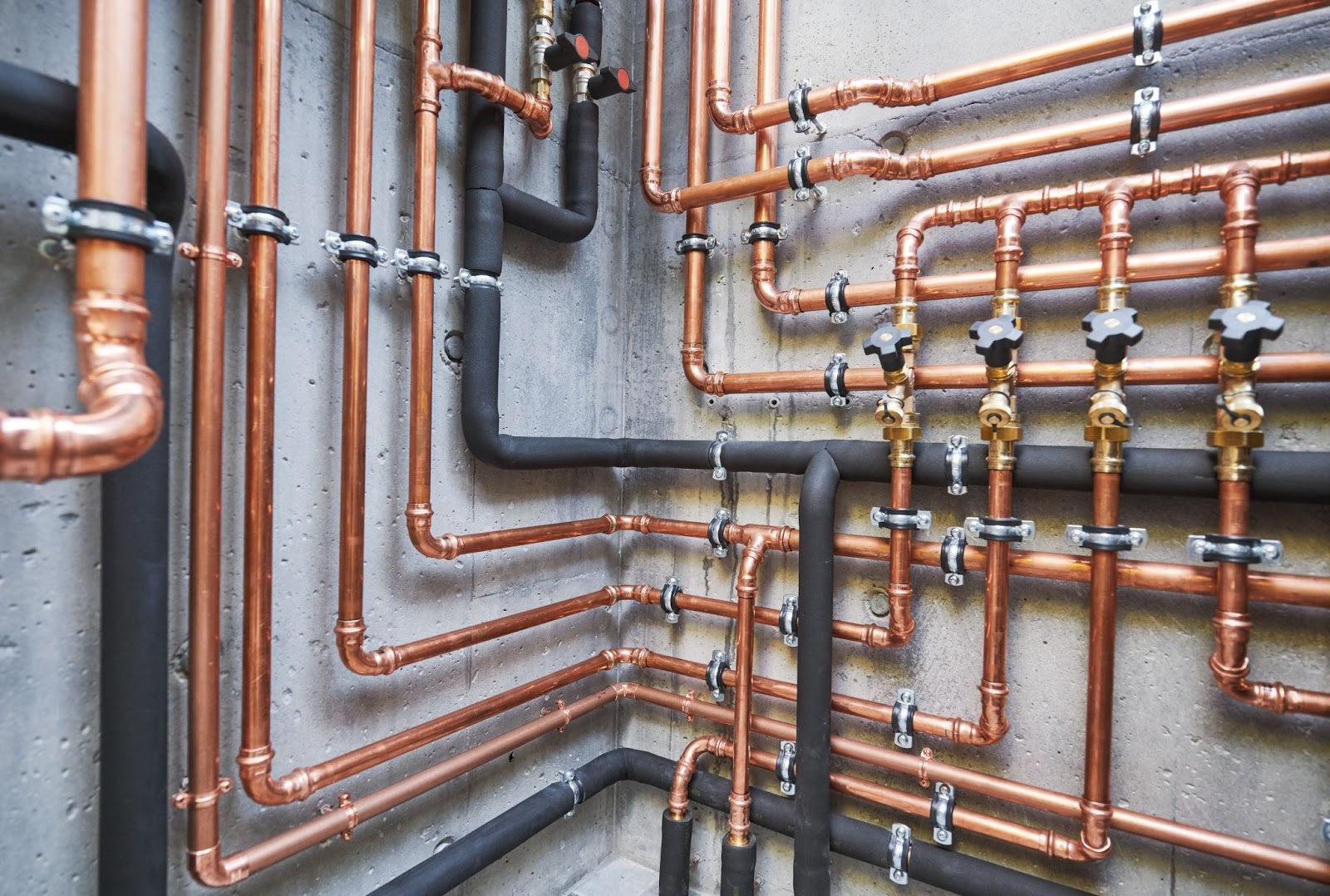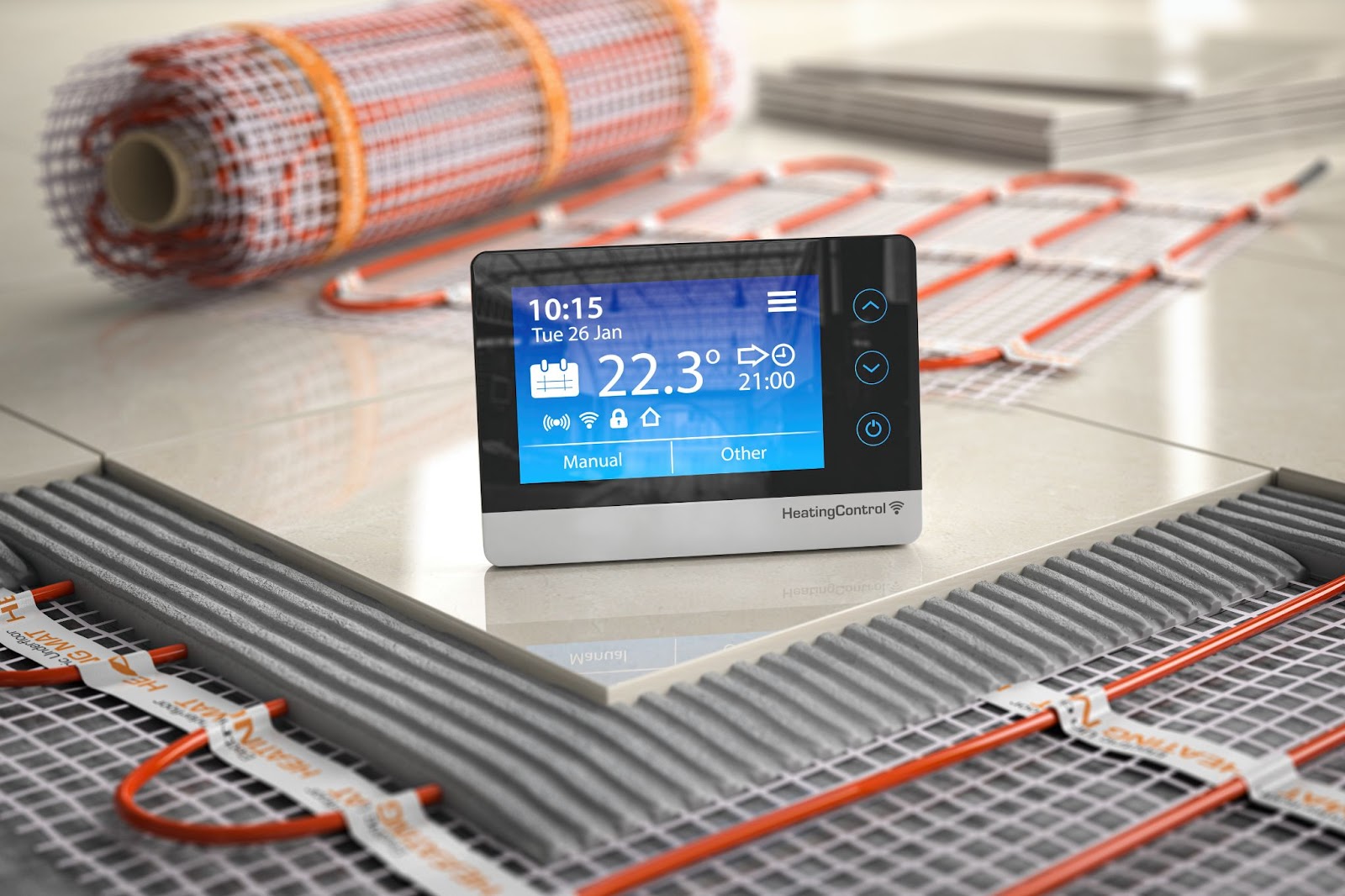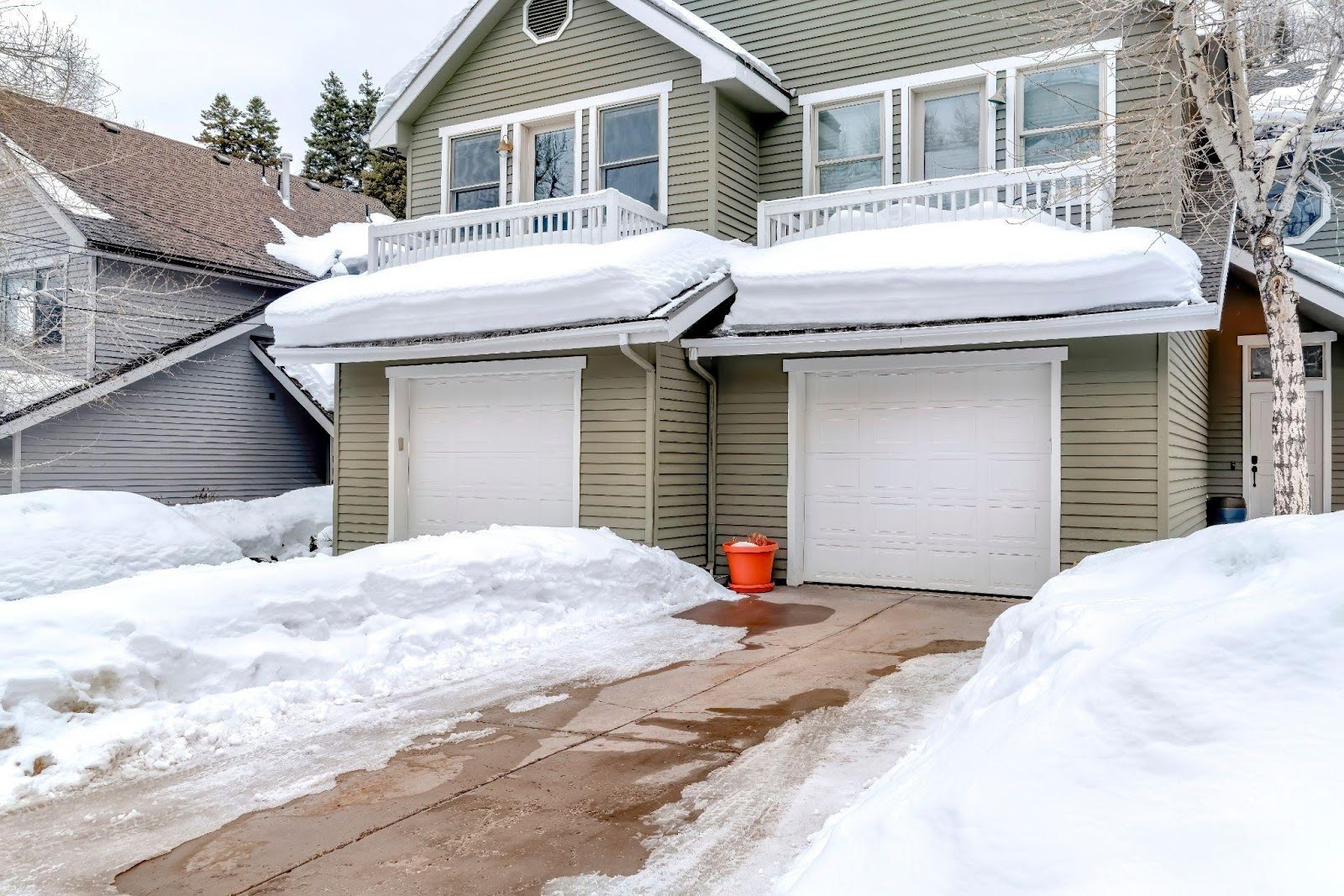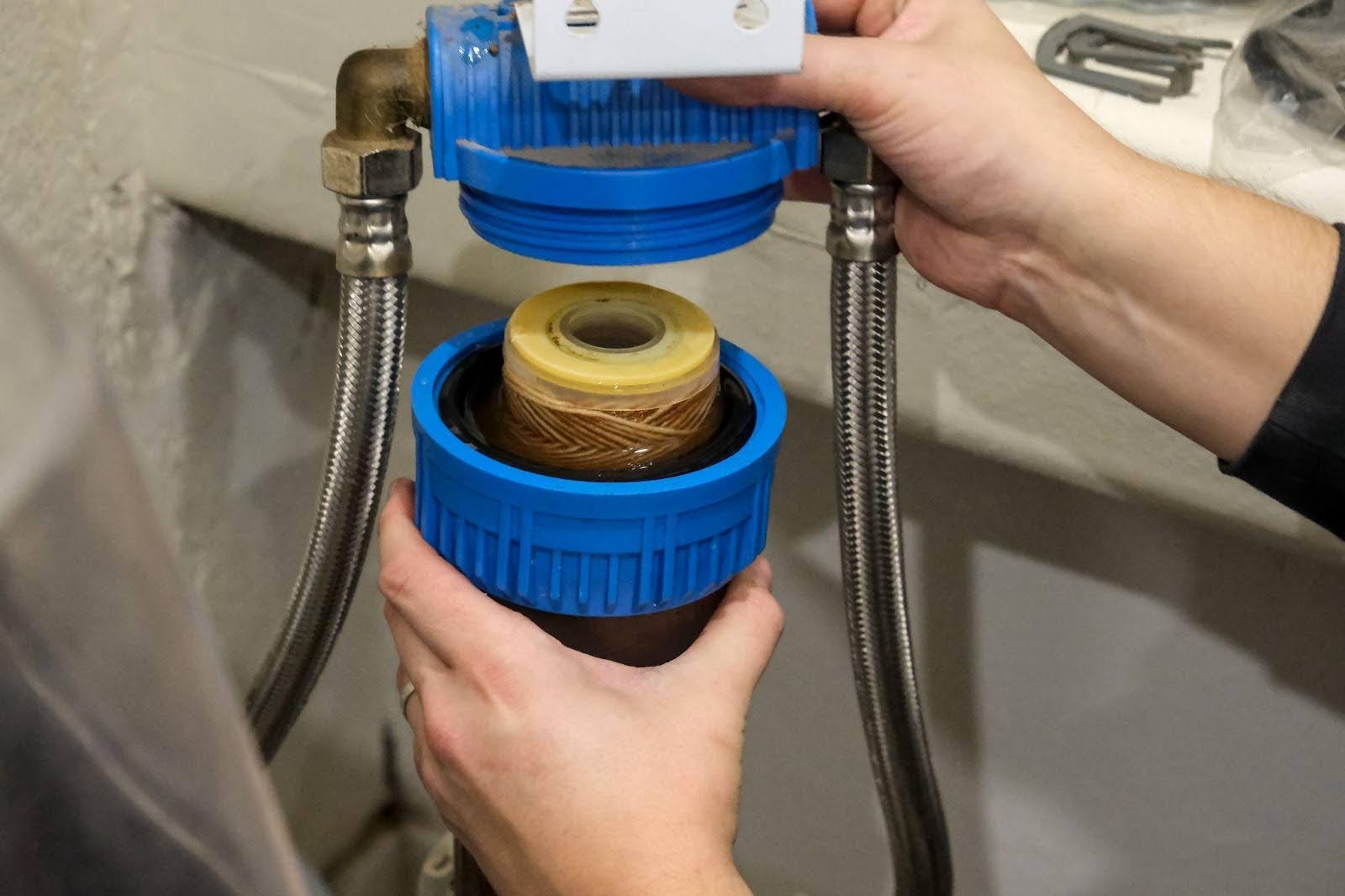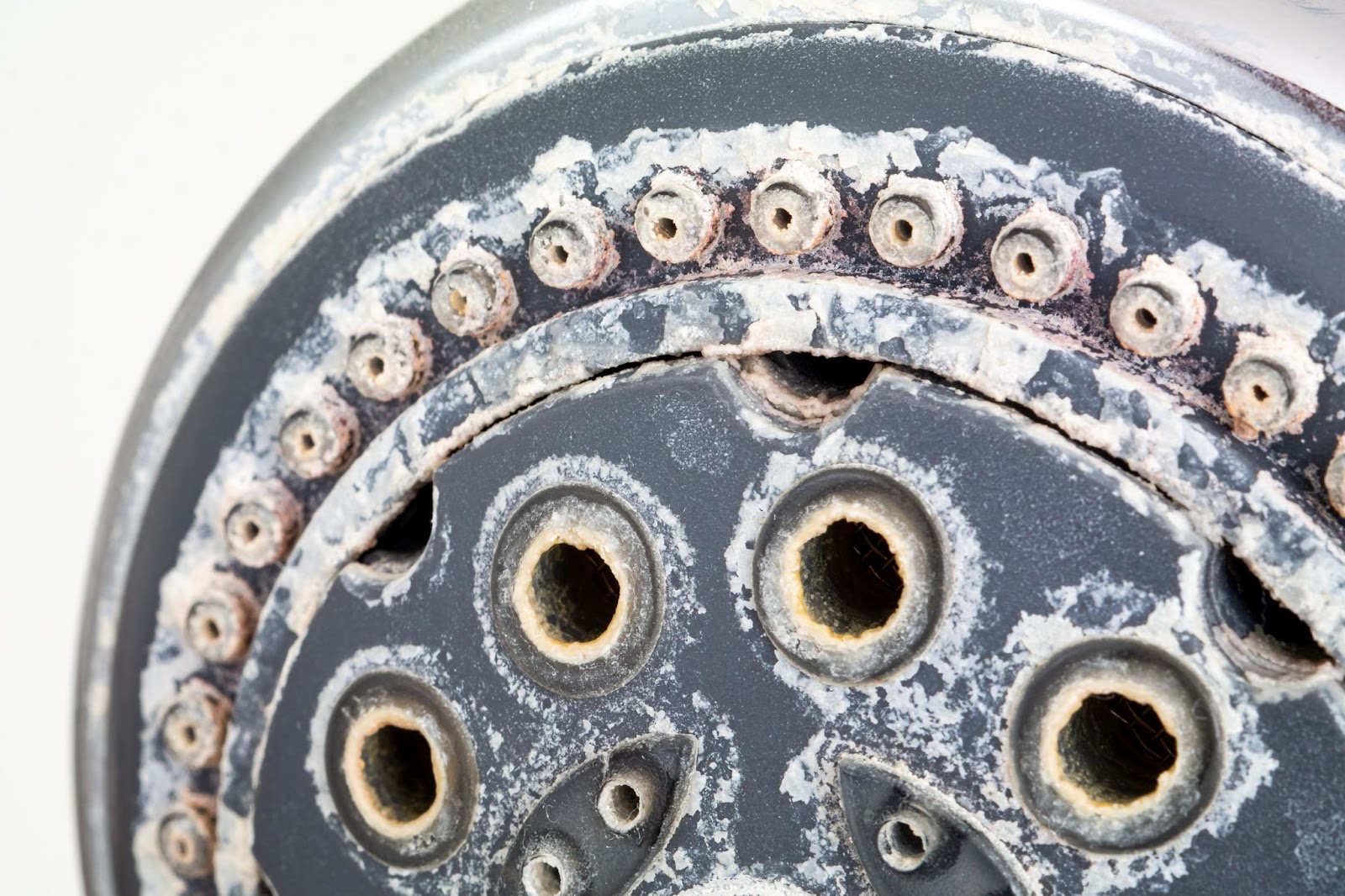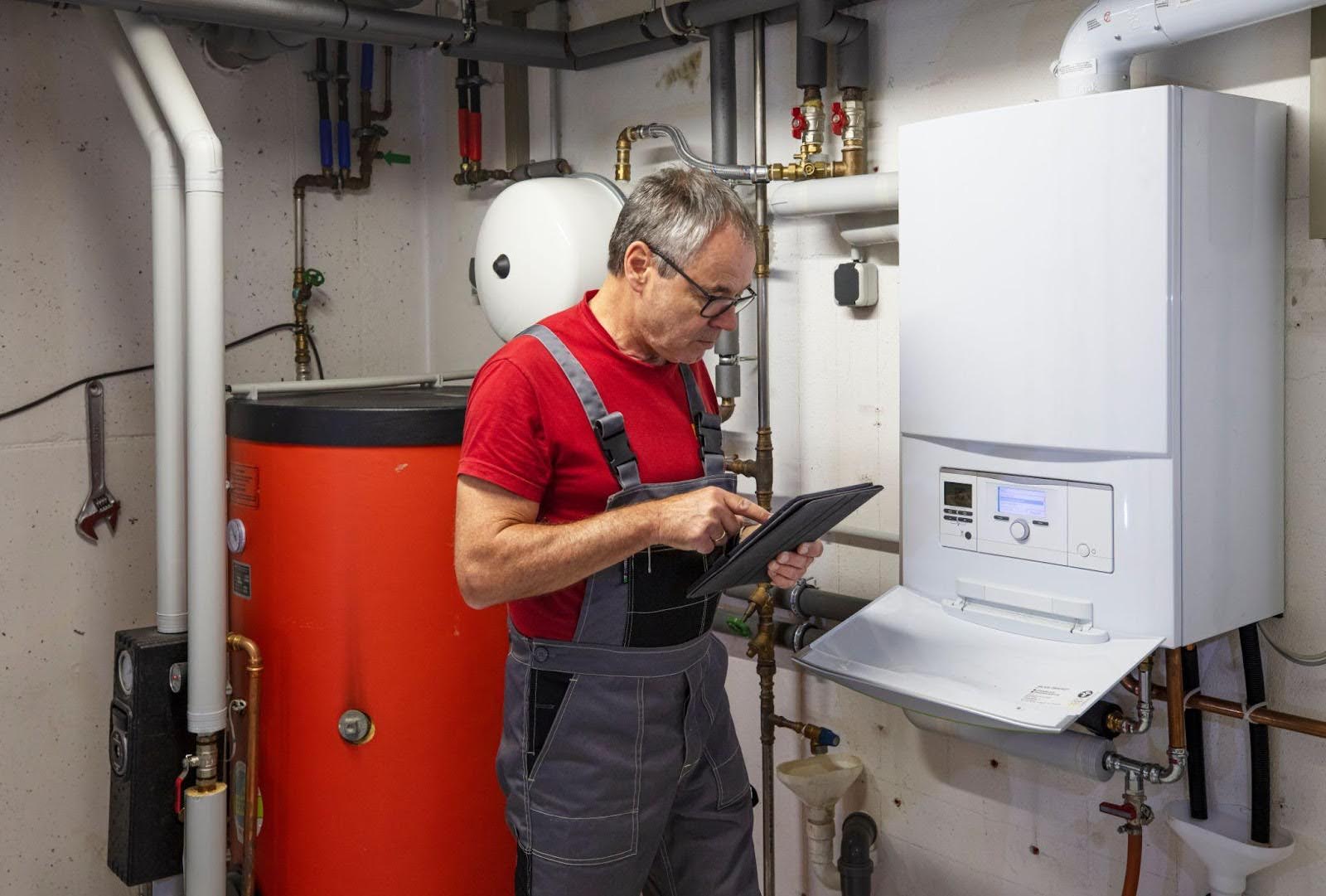Secure plumbing is fundamental to the smooth operation of any building, safeguarding both its structural integrity and the comfort of its occupants. From preventing water damage that can lead to costly repairs to ensuring a consistent and clean water supply, the stakes are high.
A proactive approach to plumbing maintenance enhances the longevity of the plumbing systems and significantly boosts the overall safety and efficiency of a building’s infrastructure.
In this blog, we’ll unpack six essential steps every building manager or owner should follow to ensure your plumbing remains in top condition.
1. Regular inspections
Regular inspections are crucial for maintaining secure plumbing in any building. Scheduling routine checks ensures early identification and resolution of potential issues, preventing major disruptions and costly emergency repairs.
During these inspections, professionals evaluate several vital components of your plumbing system:
- Pipe condition: Inspectors assess pipes for signs of wear, corrosion, or leaks, using specialized equipment to examine even hard-to-reach areas.
- Drain and sewer system: Clearing obstructions is essential. Inspections often include camera surveys to spot blockages or build-ups that could cause future issues.
- Water pressure: Proper pressure levels are crucial; inspectors measure to ensure they are neither too high nor too low, indicating overall system health.
- Water heaters and boilers: These are checked for efficiency and safety, including sediment build-up and the functionality of safety devices.
- Valves and faucets: Tests ensure shut-off valves and faucets operate correctly and are leak-free, which is crucial for reliability in emergencies.
Regular plumbing inspections focus on these critical areas and help preserve the integrity and security of your building’s plumbing system, protecting the property and its occupants.
2. Timely repairs and maintenance
Addressing repairs promptly is crucial to preventing minor plumbing issues from escalating into major problems. Quick and effective responses save on extensive repair costs down the line and ensure the plumbing system operates reliably and efficiently.
Timely repairs and maintenance are essential for maintaining the plumbing system’s integrity in your building. Addressing even minor leaks promptly prevents significant water damage and conserves water.
Regular drain cleaning, including snaking and hydrojetting, keeps the system free from debris that can cause clogs and backups. Routinely replacing worn components like washers, O-rings, and seals in faucets and pipes helps prevent leaks and enhances fixture efficiency. Annual water heater flushes remove sediment that can degrade performance and shorten lifespan.
Additionally, inspecting and testing backflow prevention devices annually ensures they operate correctly to prevent contamination of the clean water supply and meet local regulatory requirements.
By incorporating these tasks into a routine plumbing maintenance schedule, you significantly reduce the likelihood of emergencies and maintain a secure, efficient plumbing system in your building.
3. Upgrade aging infrastructure
Upgrading an aging plumbing system is crucial for maintaining the safety and efficiency of your building’s infrastructure. Recognizing the signs that your system needs an upgrade will help you act before serious problems arise.
Signs that your plumbing system may need an upgrade include:
- Frequent leaks
- Discolored water
- Low water pressure
- Visible wear and tear
Updating old pipes and fixtures in your building offers numerous benefits. New pipes enhance water quality by eliminating contaminants that can leach from old, corroded piping. Modern plumbing fixtures and pipes designed for efficiency can significantly reduce water usage, lowering utility bills.
An up-to-date system also enhances safety by reducing the risk of serious leaks and water damage, thereby protecting your property’s structural integrity. Additionally, a modern and efficient plumbing system increases the marketability and value of your property. With new installations often covered by warranties and requiring fewer repairs, long-term maintenance costs are also reduced.
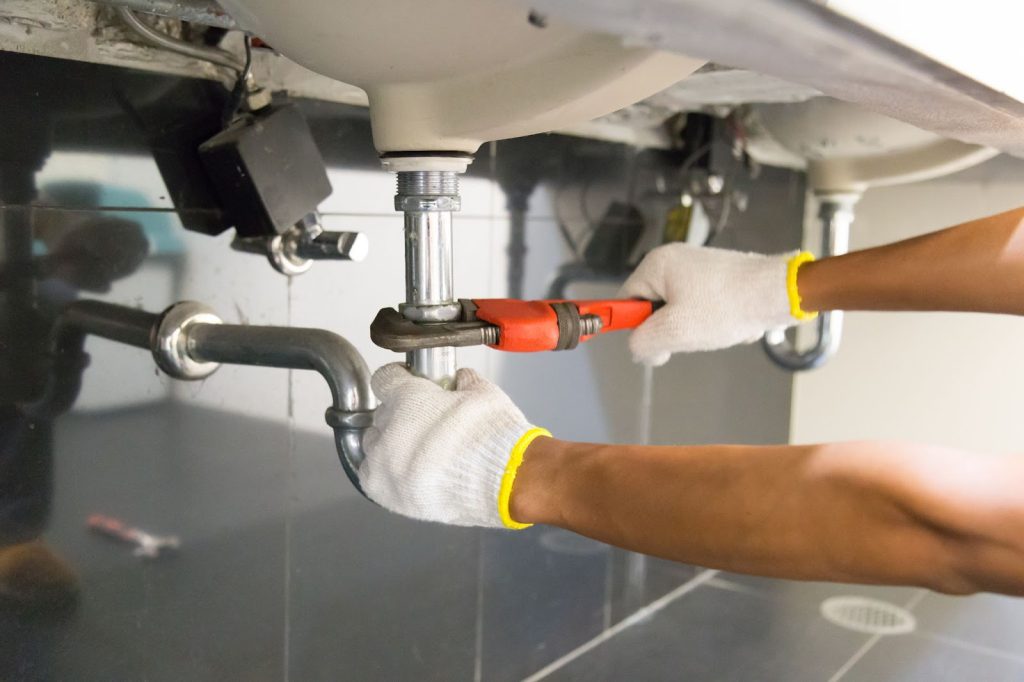
4. Implement leak detection systems
Incorporating modern leak detection technology significantly boosts your building’s plumbing security and efficiency. These advanced systems detect leaks early, conserving water, preventing extensive damage, and reducing the likelihood of costly repairs. Leak detection technologies include:
- Active systems: These monitor water flow and pressure continuously, shutting off the water supply when irregularities occur to prevent further leakage. Equipped with moisture sensors, they are ideal for placement under sinks and near water heaters.
- Passive systems (leak alarms): These alert to the presence of water via audio alarms or smartphone notifications, prompting quick manual intervention.
- Ultrasonic systems: Utilizing sound waves, these systems detect changes in water pressure and flow to pinpoint leaks precisely, even within walls or underground, making them ideal for large buildings.
- Wi-Fi-enabled smart detectors: These connect to Wi-Fi and send real-time alerts to your phone or computer, integrating with building management systems for centralized monitoring and control.
5. Ensure proper water pressure
Proper pressure prevents excessive strain on pipes, joints, and fixtures, reducing the risk of bursts or leaks. It also ensures that appliances like water heaters and washing machines operate efficiently, as excessive pressure can shorten their lifespan.
Moreover, correct water pressure guarantees that water efficiently reaches all areas of a building, including upper floors in high-rise structures, without overburdening the system. This careful balance helps extend your plumbing infrastructure’s longevity and enhances overall water delivery.
How incorrect pressure affects plumbing security
High pressure
Overly high water pressure can lead to frequent leaks, burst pipes, and excessive wear on plumbing fixtures. It can also cause noisy pipes and water hammer, which are annoying and potentially damaging to the plumbing.
Low pressure
Insufficient pressure may indicate underlying issues such as pipe blockages, leaks, or improperly sized piping. It can affect water availability, especially in critical areas like fire suppression systems.
Tools to help monitor and regulate water pressure:
- Pressure gauges
- Pressure regulators
- Expansion tanks
- Smart sensors
6. Educate residents and staff
Well-informed individuals can quickly address issues, preventing them from escalating and ensuring overall safety.
Host regular workshops to cover essential topics such as proper waste disposal and emergency response steps. Make these sessions accessible to all residents and staff, ensuring everyone is well-versed in plumbing essentials.
Enhance learning with visual aids like posters in common areas and bathrooms, and support these with online resources like instructional videos or FAQs available on the building’s website. Interactive elements like quizzes or hands-on demonstrations on tasks like unclogging a drain can further engage and educate your audience.
Provide easy access to printed or digital guides on handling plumbing emergencies, available in all units and common areas. Also, establish a straightforward system for reporting plumbing issues, encouraging a proactive approach and fostering a sense of community responsibility.
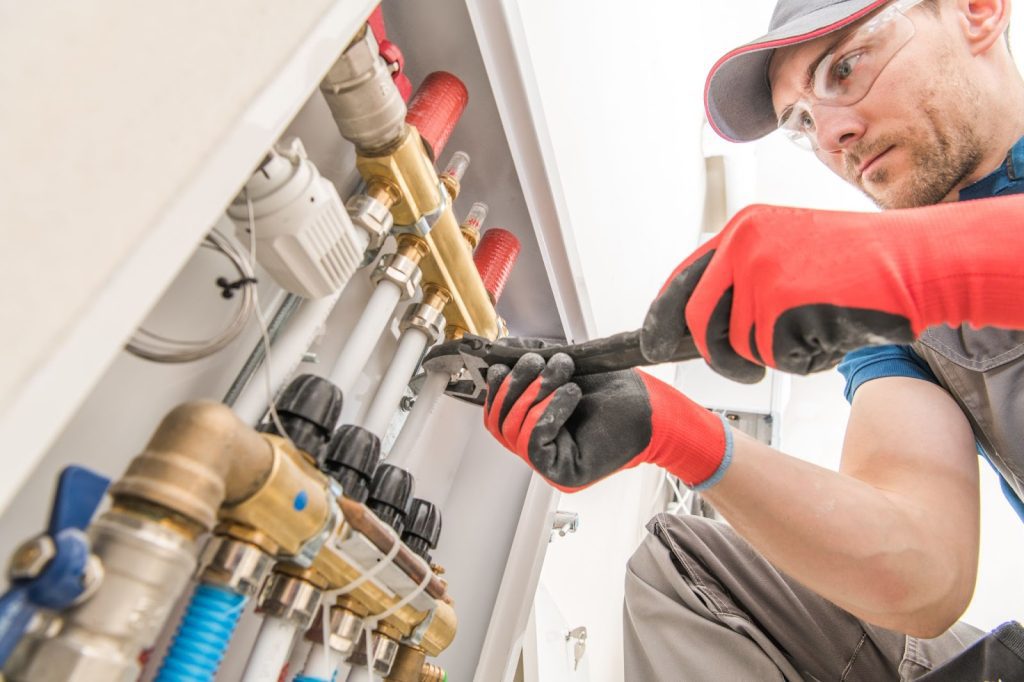
Trust Salisbury Plumbing for expert care
For professional assistance and quality plumbing maintenance, contact Salisbury Plumbing. Our team of experts excels in regular inspections, timely repairs, system upgrades, and the implementation of advanced leak detection systems.
Salisbury Plumbing’s commitment to quality service and our deep understanding of complex plumbing systems make them an ideal choice for managing your property’s plumbing needs.
toto slot

